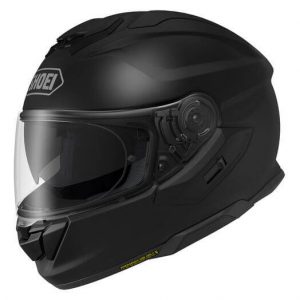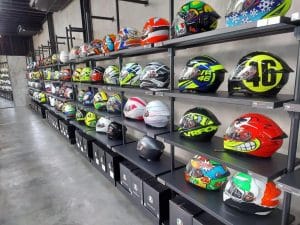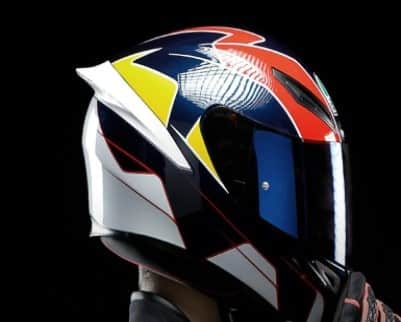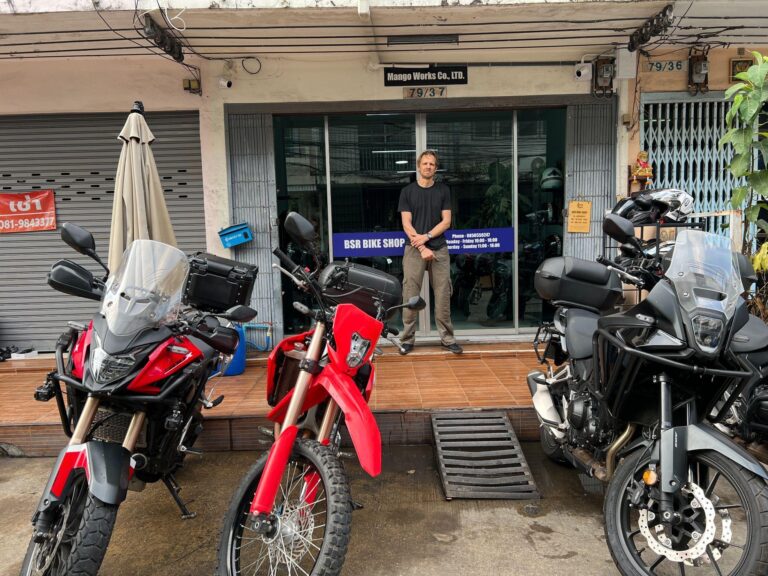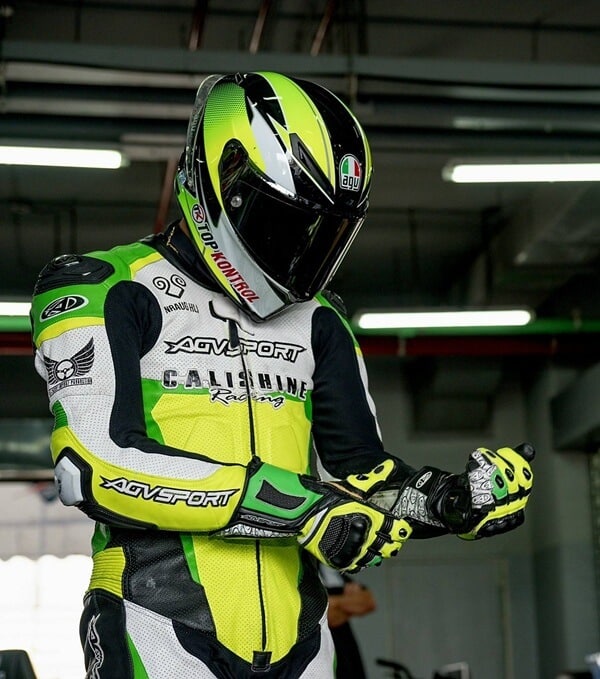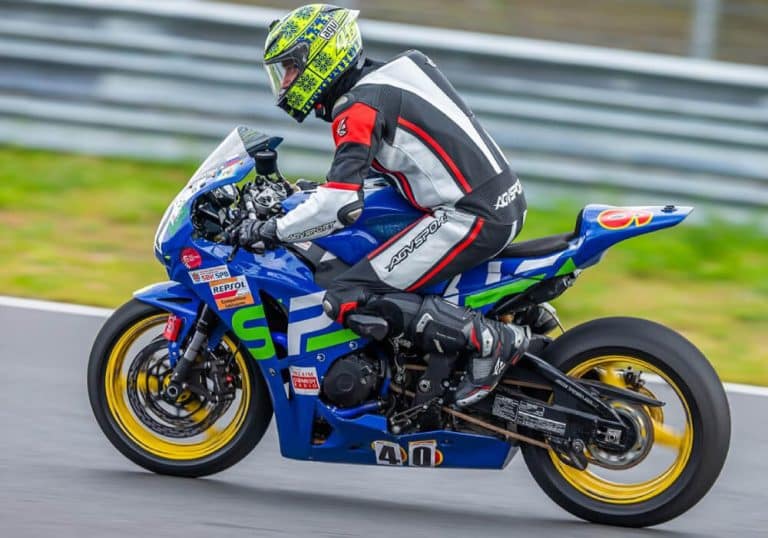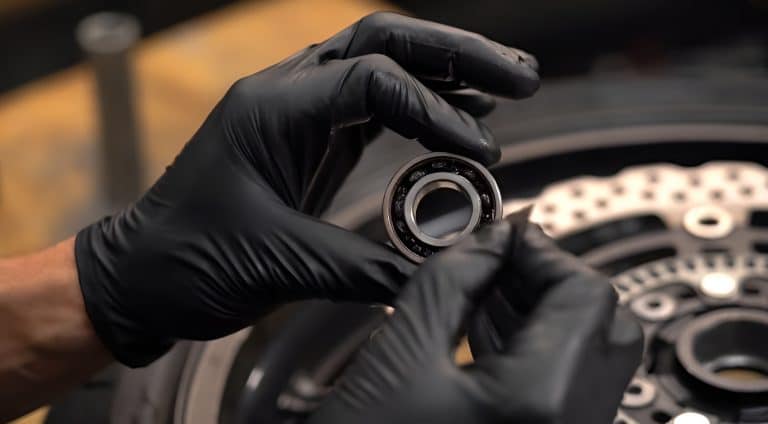Are you in the market for new leathers in 2025, or just curious about what makes a high-quality motorcycle race suit? Here are three critical aspects to consider before making your purchase: materials, protectors, and fitting. Let’s dive into each category and explore the technical details that matter most, including EC AAA certification and advanced safety features.


How to Choose the Best Motorcycle Race Suit for You
1. Materials: The Backbone of Protection
When it comes to race suits, the first consideration is always the materials. From cowhide to Kangaroo leather, and stretch fabric inserts, every component plays a pivotal role in protection, comfort, and performance. Here’s what you need to know:
Leather Selection
A high-quality suit must have an outer shell composed of at least 70% leather, typically either cowhide or kangaroo. However, not all leather is created equal. For instance:
Cowhide Leather: Generally durable but may not pass EC AAA certification if perforated for ventilation.
Kangaroo Leather: Lighter and often more resistant to tearing, but its strength depends on the tanning process. Poorly tanned kangaroo leather can be weaker than cowhide.
To meet EC AAA certification, leather must demonstrate a minimum resistance of 50 kN in tear tests and remain intact during the Darmstadt abrasion test, which simulates sliding on tarmac.

Stretch Fabric Inserts
Elastic panels, often placed in high-movement areas like the arms and crotch, are crucial for comfort and flexibility. High-end suits use Kevlar-reinforced stretch fabric, offering superior abrasion resistance. Check the garment’s composition label to ensure the fabric includes real Kevlar fibers. Brands like Vircos use only motorcycle-grade leather and Kevlar from trusted manufacturers such as Schoeller to ensure maximum performance.

2. Protectors: Understanding CE Certification
No matter how durable the outer materials are, protectors play an equally vital role in absorbing impact energy. When evaluating protectors, look for the following key features:
A. Body Part Designation
Protectors are marked with their intended body part, such as S (Shoulder), E (Elbow), or K (Knee). Ensure that the protector’s designation matches the area it is designed to protect.

B. Protection Levels
Protectors are classified into two levels:
Level 1: Allows energy transmission between 20 to 35 kN during impact testing.
Level 2: Transmits less than 20 kN, offering superior protection.
These levels are determined using a standardized test involving a 5 kg weight dropped from a height of 1.02 meters, generating an impact force of 50 Joules. If in doubt about the effectiveness, imagine dropping that weight on your foot!
C. Temperature Performance
While standard impact tests are conducted at room temperature, high-quality protectors undergo additional testing at extreme temperatures, ranging from -10°C to +40°C, to ensure consistent performance.
D. Motorcycle Pictogram
Always look for the motorcycle pictogram on protectors to confirm they are designed for motorcycling purposes. Generic foam pads without certification should be avoided.

3. Fitting: The Perfect Fit for Safety
Even the most protective suit won’t perform if it doesn’t fit properly. Ill-fitting leathers can compromise both safety and comfort. Here’s why proper fitting is non-negotiable:
Off-the-Rack vs. Custom Fit
While off-the-rack suits are convenient, they may not cater to every rider’s unique body shape. Investing in a custom-made suit ensures optimal fit, reducing the risk of loose areas that could snag or tight spots that restrict movement.
Expert Construction
Custom suits should be crafted by a skilled and experienced team. Look for brands with a reputation for precision measurements and high-quality tailoring. Misfitting custom suits can be as problematic as wearing the wrong size off-the-rack.
Practical Test
Would you run a marathon in shoes that are two sizes too small or too big? Of course not! Similarly, a poorly fitting suit can diminish your riding experience and put you at greater risk in a crash.

EC AAA Certification: The Gold Standard
The EC AAA certification is the highest level of safety certification for motorcycle race suits, defined under the EN 17092-2 standard. To achieve this rating, a suit must pass rigorous tests, including:
Impact Abrasion Testing: Using the Darmstadt machine to simulate road sliding.
Tear Strength Testing: Ensuring leather and fabric can withstand significant force without tearing.
Seam Burst Testing: Evaluating the strength of stitched seams under pressure.
Always verify that the suit’s certification is clearly labeled, providing peace of mind that your gear meets the highest safety standards.
Final Thoughts
Investing in a high-quality motorcycle race suit is about more than style; it’s about protecting your body and enhancing your riding performance. Prioritize materials, certified protectors, and a proper fit to ensure you’re equipped for any ride. Remember, your safety depends on the gear you choose—don’t compromise.
M/M




